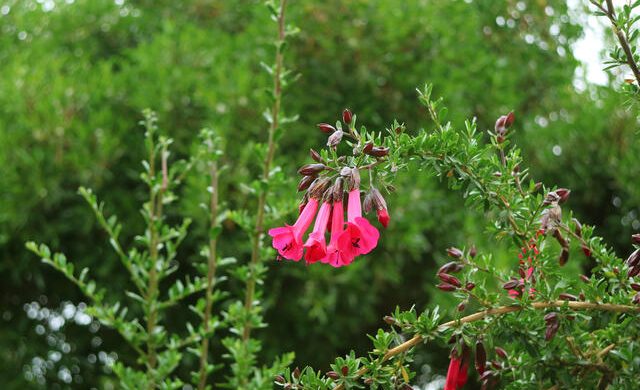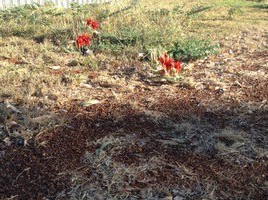
Shedding light on how we might benefit from recognising World Mental Health Day on 10 October, came the XXII International Congress of Analytical Psychologists that we recently attended in Buenos Aires, Argentina.
Reflecting on Sr Jenny Mori coming from Peru and my travelling to South America from the ‘Land Down Under’ brought into focus the bigger picture to which contemporary life. The themes of the Congress which included climate change, political, scientific and social change, further emphasised how each of us is affected by what is happening globally. As citizens of the uni/multiverse, our lives both individually and communally, add to or detract from cosmic well-being. Indeed, we are healers of each other or harmful to others – knowingly or unknowingly!
This message was amplified in listening to the contributions of participants at the Congress who came from all parts of the world – including Ukraine and Russia. Their sharing offered hope while pointing to the shadow of chaos, destruction and violence that threatens Earth and the future of all who inhabit her.
In her opening paper to this international gathering, entitled, ‘Soul, Myth and Cosmovision in a Changing World,’ Dr. Margarita Ovalle, who is a Chilean Jungian analyst, related the myth of Añañuca that we wish to share with you now. Why include? Because myths are a story for all times, including yours and mine. And the story goes like this:
Once upon a time, in the springtime of life, a young indigenous woman of and from the desert meets a miner. On seeing this beautiful woman, love blossoms and the young man forgets his original quest. However, after three years the explorer is anxious to continue his travels and abandons Añañuca. Heartbroken, Añañuca experiences the dryness of the land and she eventually dies in the place where they first met. Yet, out of that very earth where Añañuca was buried, grows a blood-red flower reminiscent of the Cantuta flower of Peru and the Sturt Desert Pea that grows in many dry parts of Australia. This blossoming of this native flower of Chile, which is still called Añañuca, conveys something essential cross-culturally.
You may have many or other associations to this story: for example, the inevitability of change, life’s mix of joys and sorrows, the power of love in spite of pain and loss. Yet what this Chilean tale can invite us into, is a fresh perspective on and for World Mental Health Day.

By compassionately acknowledging our own losses, failures and heartbreaks, can we patiently allow something new to blossom in the arid places of our lives? Then, maybe we, like Añañuca – the vulnerable young feminine – can learn more about how to accompany others travelling through their own desert places… of living, dying, rising through the power of Love.
As Sister Jenny wisely observes, “Mental health is a treasure and we need to tenderly embrace the vulnerability of our lives. Añañuca knew that her beloved would not be with her anymore. He came from the depths of earth and he returned to that place. We keep, in our minds and hearts, stories of love (people, places, wishes, etc) that we may have lost. These stories come from our deepest memories of joy and pain. And like Añañuca, we are invited to embrace our experiences to let them give birth to new life. For life is a cycle of love, losses, hopes and new life”.
In the words of Isaiah 35:1-4
the wilderness will rejoice and blossom.
Like the crocus, it will burst into bloom;
…. Strengthen the feeble hands,
steady the knees that give way;
say to those with fearful hearts,
“Be strong, do not fear;
your God will come.”
Jenny Mori rsj & Susan Pollard rsj
Peru & CentreWest Region
